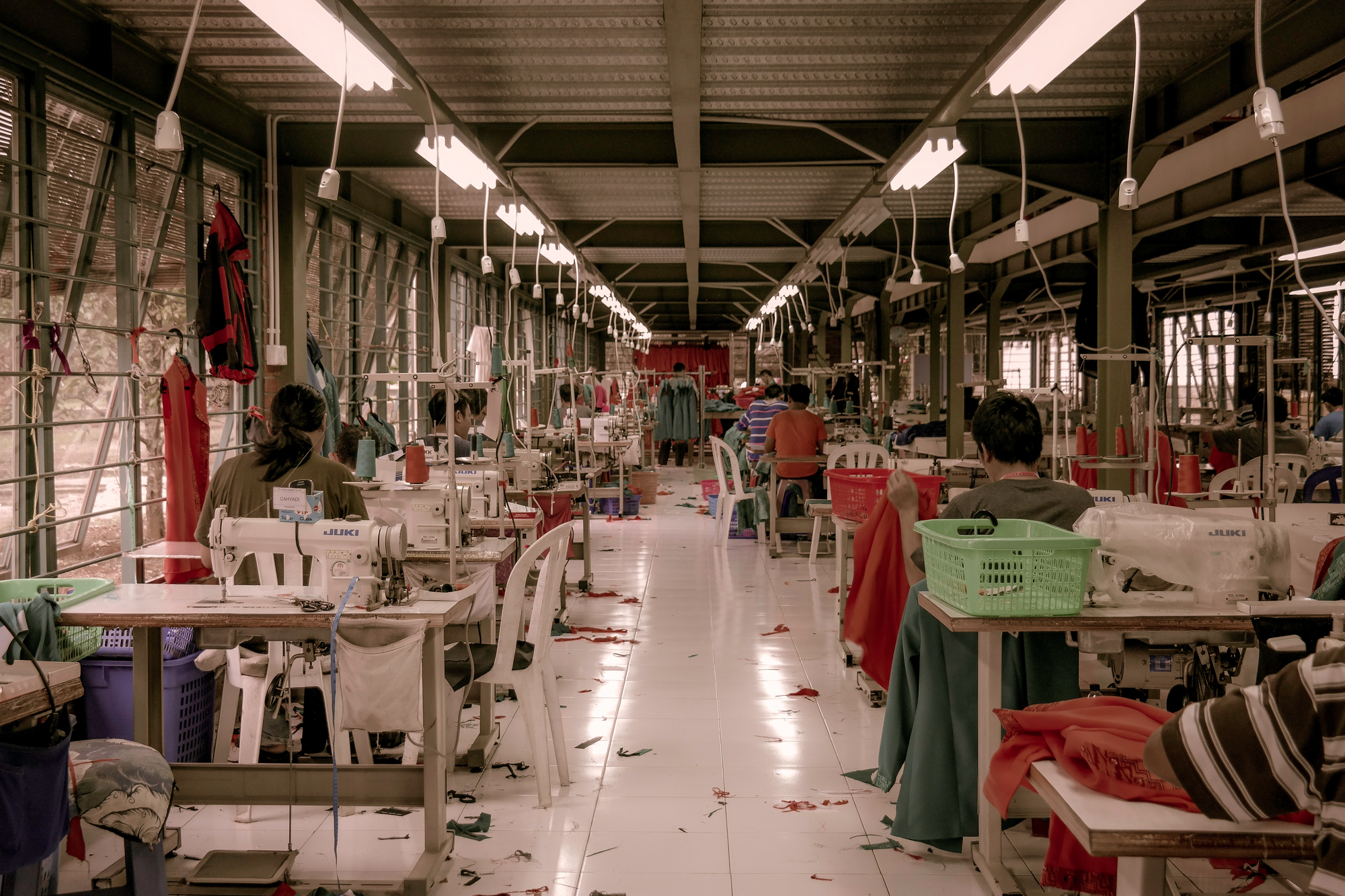By Alex Lam, English and History, Second Year
Primark are set to expand the stores in which they are hosting the vintage shop Wornwell, including Bristol and Cardiff. On the surface, this move seems like a step towards sustainability, encouraging the reuse and circulation of clothing. However, with Primark’s history of unethical labour practices, overproduction, and shocking carbon footprint, is this move towards pre-loved clothes really that helpful? Or rather, is it a sign of performance activism and greenwashing?
Wornwell’s founder Ricardo Seaton described this move as an ‘exciting partnership’ with Primark stores stocking vintage Nike sweaters, Carhartt jackets, and Levi’s jeans amongst other things. These second-hand garments come with a heftier price tag - jumpers costing around £45 and a pair of joggers for £40 - a contrast to Primark’s regular prices. When many of these items can be found at charity shops or second-hand clothing sites like Vinted for a fraction of the price, it suggests that this move for Primark is to simply create another line of profit.
Some see this as a positive step – in an Evening Standard article, Ann Edwards, CEO of boutique Mame Huku, calls the pre-loved initiative a ‘move in the right direction.’ However, some opinions remain deeply sceptical of Primark’s decision. George Harding-Rolls, Campaign Manager at Changing Markets, describes this initiative as ‘just a drop in the ocean’ and a ‘greenwashing attempt to reassure customers about their good intentions without addressing their wasteful business model.’
Harding-Rolls’ viewpoint is not without merit. Primark’s move towards vintage clothing does little to address its deeply embedded sustainability issues. If Primark genuinely cared about sustainability, they should prioritise a comprehensive review of their supply chain and ethical practices rather than introducing another line of sales through vintage clothing. With its short-lived, low-quality items, Primark epitomises fast fashion. It is difficult to imagine how a £3 t-shirt could be made responsibly. Even if this launch is considered by some as a step in the right direction, it does not change the reality that Primark continues to release hundreds of new products every week. On top of this, they do not publicly share their audit reports, raising concerns about what Primark is doing to protect the rights of its workers.

Primark’s unethical past does not stop there. Earlier this year, they were found to be exploiting garment workers in Bangladesh. A study by Aberdeen University surveyed 1000 factory workers and found that over half of them had experienced cancelled orders, refusals to pay, and price reductions – resulting in unethically low wages and job losses. Primark responded by saying they were taking the ‘incredibly difficult decision to cancel all orders which had not yet been handed over,’ raising questions about their commitment to ethical practices. Moreover, Primark’s connection to the Rana Plaza disaster of 2013 in Bangladesh, which claimed over 1,100 lives, remains a reminder of their past actions. On its tenth anniversary this year, Primark pledged to implement ‘safe working environments in Bangladesh’, but actions have yet to align with their words.
To add fuel to the fire, Primark has recently released its new sustainability strategy and goals. In 2020, the same year they exploited workers in Bangladesh, they announced a recycling scheme in UK stores in partnership with Yellow Octopus who, when approached by the media, said they were ‘not authorised to talk’ due to a commercial agreement with Primark. You’d think if they were really that committed to sustainability, Primark would be open and honest about their supply chains and recycling processes – the excess stockpile of clothing due to the pandemic amounted to £1.5 billion of inventory. The fate of these surplus clothes remains uncertain.
If Primark genuinely intends to reduce their environmental and ethical impact they should focus on cutting their addiction to fossil fuels, curbing overproduction, and ensuring fair wages for their workers. The pre-loved section does not remedy these fundamental problems. Adding a line of vintage items seems a superficial gesture in contrast to the systemic changes required for genuine sustainability at Primark.
As a major player in the fashion industry, Primark carries significant responsibility. The expansion of vintage shops may be perceived as a positive step by some, but given Primark’s track record, it appears more as a hollow attempt to greenwash their image.
Featured Image: Paul Siewert/ Unsplash
What do you think about Primark's introduction of vintage boutiques into their high street stores? Let us know @epigrampaper







